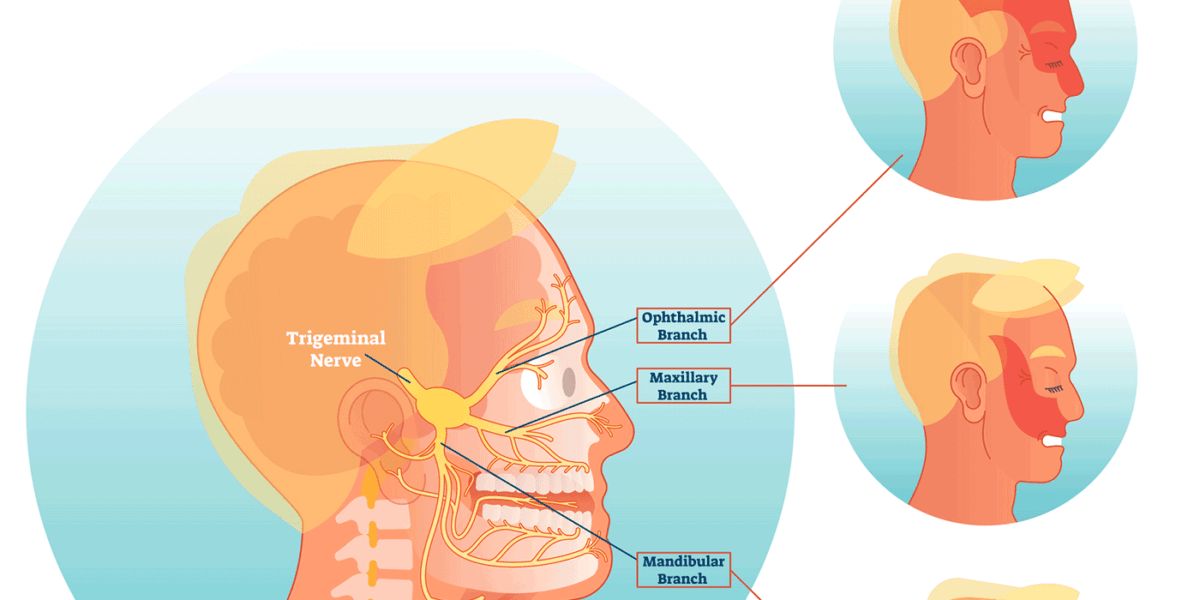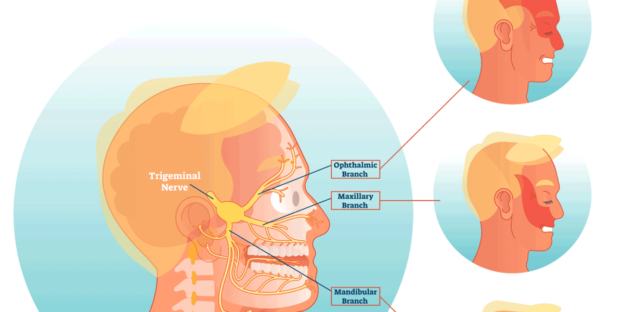Double Vision – the best treatment at Dr Raos, Guntur
Introduction
Double vision, also called diplopia, is the simultaneous perception of two images of a single object. The brain usually interprets this as an error and suppresses one of the images. However, both images may be briefly seen before the brain corrects the error. Double vision can occur when looking at objects far away or up close. It can also be caused by certain medical conditions or medications. Looking for the best cranial nerve doctor or best double vision treatment center, Dr Rao at Dr Raos is the best in Guntur and India, Call 9010056444 /9010057444
causes
There are many possible causes of double vision, which can be broadly divided into those that affect the eyes themselves and those that affect the nervous system. Common causes of double vision affecting the eyes include refractive errors (such as nearsightedness or farsightedness), cataracts, and age-related macular degeneration. Double vision can also be caused by problems with the eye muscles, such as ptosis (drooping of the eyelid) or strabismus (misalignment of the eyes). Double vision caused by problems with the nervous system is often more serious, as it can be a symptom of a stroke, brain tumor, or other neurological disorder. However, it is important to note that not all cases of double vision have a serious underlying cause. In many cases, the cause is unknown and no treatment is necessary.
symptoms
Symptoms of double vision can vary depending on the underlying cause. In some cases, people may only experience double vision when they are tired or when their eyes are dry. In other cases, double vision may be constant. Common symptoms of double vision include: * Blurry vision * Eyestrain * Headache * Difficulty reading * Difficulty driving * Difficulty recognizing faces
diagnsois
There are several ways to diagnose double vision. The first is through a comprehensive eye exam, which will check for any underlying conditions that could be causing the double vision. If no underlying conditions are found, the next step is to undergo a neurological exam, which can help rule out any neurological causes. Finally, an MRI or CT scan may be ordered to check for any structural abnormalities in the brain that could be causing the double vision.
treatment
There are a few different ways to treat double vision, depending on the underlying cause. If the double vision is due to a refractive error, glasses or contact lenses can be prescribed to help correct the problem. If the double vision is due to an eye muscle imbalance, prismatic lenses may be used to help realign the eyes. In some cases, surgery may be necessary to correct the problem.
prognosis
The prognosis for double vision depends on the underlying cause. If the cause is a refractive error, glasses or contact lenses can usually correct the problem. If the cause is more serious, such as a stroke or brain tumor, the outlook may be more uncertain.
Conclusion
In conclusion, double vision can be a symptom of many different underlying conditions. It is important to see a doctor if you are experiencing double vision, as it can be a sign of a serious condition. There are many different treatment options available for double vision, so there is no need to worry. With the proper treatment, most people with double vision will be able to live normal, healthy lives.


